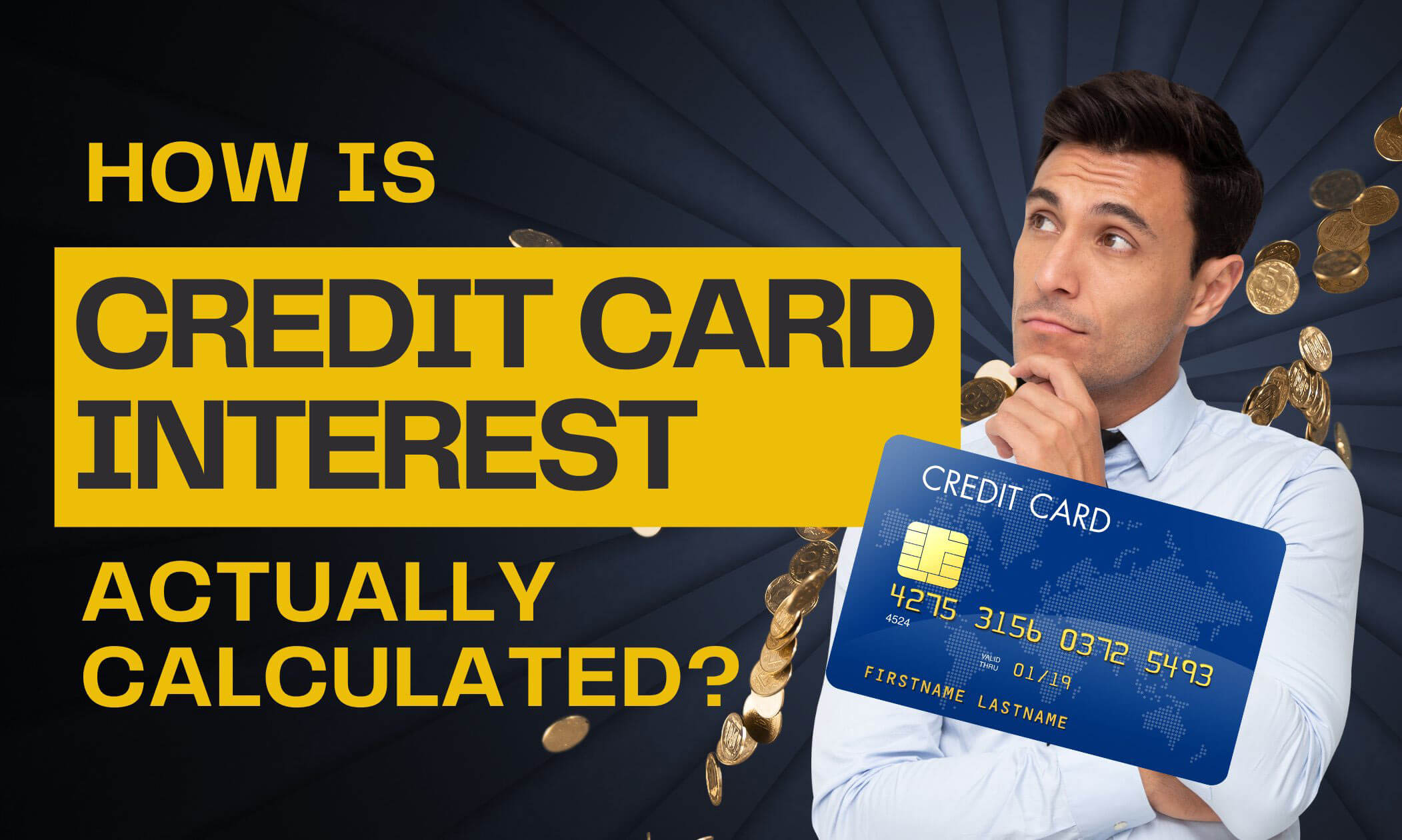Credit cards can be a convenient financial tool, but they can also lead to crippling debt if mismanaged. In this post, we’ll break down how credit cards make money, how interest payments are calculated, common misunderstandings about credit card payments, and some key pitfalls to avoid.
How Do Credit Cards Make Money?
Before diving into interest calculations, let’s talk about how credit card companies make money. It's not just from the interest you pay. Credit card issuers make many in several different ways, including:
- Interest Charges: When you carry a balance over from one month to the next (i.e. you don’t pay off the full amount due at the end of each statement period), you're charged interest on the balance that is carried over. This is the primary source of income for most credit card companies.
- Transaction Fees: Every time you use your credit card, the merchant is charged a fee. This fee, typically around 1.5% to 3% of the transaction amount, is paid by the business to the card company.
- Late Fees and Penalties: Missing a payment or exceeding your credit limit can result in late fees or penalties, adding extra costs to your bill.
- Annual Fees: Some cards charge an annual fee ranging anywhere from $50 to over $500 for perks such as rewards, travel benefits, or cashback.
Now that you understand the various ways credit card companies make money, let's zoom in on how credit card interest is calculated.
How Credit Card Interest is Calculated
Most people understand that carrying a balance on a credit card means paying interest, but many don’t fully grasp how that interest is calculated. Credit card interest is usually charged based on a daily interest rate derived from your card's annual percentage rate (APR). Here’s a step-by-step breakdown of how it's calculated:
Step 1: Determine Your APR
The APR, or Annual Percentage Rate, is the yearly interest rate charged on outstanding credit card balances. For example, if your credit card has an APR of 18%, this is the interest rate applied over the year.
Step 2: Convert the APR to a Daily Rate
Since interest is calculated daily, you’ll need to find your daily periodic rate. To do this, divide your APR by 365 (the number of days in a year). For instance, an APR of 18% gives you a daily rate of 0.0493% (18 ÷ 365 = 0.0493).
Step 3: Multiply by Your Balance
Each day, your credit card issuer calculates the interest on your balance. If you owe $1,000, for example, the interest for one day would be $0.493 ($1,000 x 0.0493%).
Step 4: Multiple the Daily Interest by Days in Your Billing Cycle
Assuming your billing cycle is 30 days, you would then multiple the daily interest of $0.493 by 30 for a total of $14.79. Thus, the new balance owed on a balance of $1,000 would be $1000 + $14.79 = $1,014.79.
Common Misunderstandings About Credit Card Payments
Understanding how interest is calculated can help you avoid costly mistakes, but many people still have misunderstandings about credit card payments. Let’s clarify some of the most common ones:
- "If I make the minimum payment, I won’t be charged interest."
False. Making only the minimum payment can prevent you from incurring late fees, but you’ll still be charged interest on the remaining balance. Paying the minimum just prolongs the time it takes to pay off your balance and increases the total interest you’ll pay.
- "I won’t be charged interest if I pay after the due date but before the next statement."
False. If you pay after your due date, interest begins accruing on the balance immediately after the grace period ends, even if you pay it off before the next statement. You may also incur a late fee.
- "Interest is charged on the entire balance, even if I pay part of it."
Partially true. If you carry a balance, interest is charged on the remaining unpaid portion. Paying off as much as possible reduces the balance and, therefore, the interest, but any unpaid portion will continue to accrue daily interest.
Avoiding Poor Financial Decisions with Credit Cards
Managing credit card interest effectively comes down to smart usage and avoiding common financial missteps.
Here are some key financial decisions to avoid:
1. Carrying a Balance Month-to-Month
While it’s tempting to only make the minimum payment, doing so means you’ll accrue interest on the remaining balance, which can quickly snowball. Try to pay off your balance in full each month to avoid interest charges.
2. Making Late Payments
Not only does making late payments lead to late fees and penalties, but it can also negatively impact your credit score. Set up automatic payments or reminders to ensure your payments are made on time.
3. Using Credit for Unnecessary Purchases
Credit cards make it easy to buy things you might not be able to afford with cash. Avoid using credit for impulse purchases or items that aren’t essential, as this can lead to debt that accrues unnecessary interest.
4. Overlooking Your APR
Your APR determines how much interest you’ll pay, so it’s important to be aware of it. Cards with rewards programs often come with higher APRs, so make sure the benefits outweigh the potential costs if you carry a balance.
Understanding how credit card interest is calculated is a critical step in managing your financial health. Credit cards offer a lot of flexibility and benefits when used correctly, but they can also lead to debt if you don’t understand how interest accumulates. By being mindful of your spending, paying off your balance in full each month, and avoiding common pitfalls, you can use credit cards to your advantage while maintaining financial wellness.




.png)










.png)










